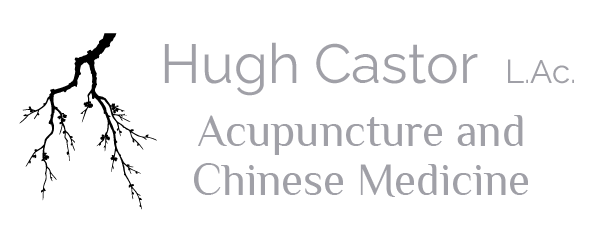Depression- Acupuncture and Chinese Medicine
 Depression is a sometimes hidden, but very common mood disorder. It is estimated that 16 million Americans suffer with chronic depression. Depression casts a dark cloud over all aspects of living, robbing a person of experiencing daily joy. It can impact all aspects of life including relationships to self and others. Similar to anxiety, most people will experience some blue moods in their life due to stressful events. This is very normal. However, when blue moods persist for months and begin to negatively impact a person’s quality of life, one might be facing chronic depression. Western medicine gets mixed reviews for treating chronic depression.
Depression is a sometimes hidden, but very common mood disorder. It is estimated that 16 million Americans suffer with chronic depression. Depression casts a dark cloud over all aspects of living, robbing a person of experiencing daily joy. It can impact all aspects of life including relationships to self and others. Similar to anxiety, most people will experience some blue moods in their life due to stressful events. This is very normal. However, when blue moods persist for months and begin to negatively impact a person’s quality of life, one might be facing chronic depression. Western medicine gets mixed reviews for treating chronic depression.
For a small amount of people talk therapies can be helpful. Larger groups seem to respond to pharmaceutical interventions, however, they also come with a large amount of undesirable side effects and issues with withdrawal if medicine is ceased. It seems that we understand how the brain works with regard to mood and so this leaves few effective mainstream treatment options for those who are suffering.
There are very effective treatments for depression with natural medicines. Acupuncture has been shown to be superior to amitriptyline in comparative studies for the treatment of depression. More and more research is being done on how acupuncture affects the brain, but it is thought to boost the neurotransmitters responsible for good moods. Coupled with a proper diet, cognitive strategies, supplements, and Chinese herbs, depression can be effectively treated by Chinese medicine. For some, this approach can as effective as pharmaceutical medicines.
One thing should be said about using natural treatments for depression. They tend to be slow initially in taking effect. Unlike anxiety, it will take longer to stabilize an individual who is suffering from depression. This is on par with the Western medicine in stubborn cases, but no so for more simple cases of chronic depression. One has to weigh the benefits vs the detriments of using natural medicines over Western options. Severity, the degree to which depression impacts quality of life and certainly those with thoughts of self-harm might find a collaborative approach helpful. Initially, it would be wise to stabilize with pharmaceutical meds and then use Chinese medicine as an adjunctive therapy to support metabolism, the nervous system and brain. It is important to note that there are not one size fits all therapies for depression – one might need to explore different options if a particular approach isn’t working.
If you or a loved one is suffering from depression, contact me and together we will come up with an effective strategy that brings relief.
